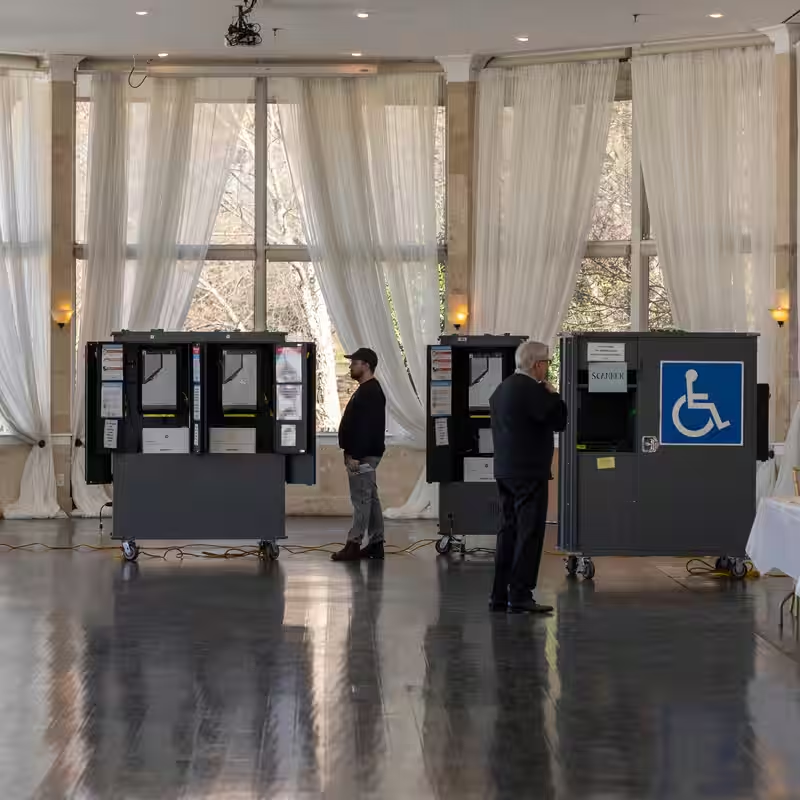Table of Contents
- Dominion Sold Amid Lingering 2020 Fallout
- Who Is the New Owner?
- Why This Sale Matters for U.S. Elections
- Dominion’s Legal Battles and Reckoning
- How Election Experts Are Reacting
- What Happens Next for Dominion?
- Sources
Dominion Sold Amid Lingering 2020 Fallout
In a move that has reignited national attention, Dominion Voting Systems—the company at the heart of baseless 2020 election conspiracies—has been sold to a little-known private firm. The sale, confirmed on October 9, 2025, marks a major turning point for a company that became both a household name and a target of disinformation after the 2020 presidential election.
The Dominion Voting Systems sale comes after years of legal battles, public scrutiny, and efforts to rebuild trust in election infrastructure. Despite being fully exonerated—and winning over $1.6 billion in defamation settlements—the company struggled to regain its footing in a deeply polarized political climate.
Who Is the New Owner?
The buyer is ElectraVote Holdings, a Delaware-registered entity with minimal public footprint. Its founder and CEO, Mark R. Delaney, is a former Republican election official who served as a county elections supervisor in Arizona during the early 2000s. Delaney has described himself as a “nonpartisan technologist” focused on “election integrity through transparency.”
ElectraVote has no prior history in voting technology but claims to have assembled a team of cybersecurity and election logistics experts. Financial terms of the deal were not disclosed, though industry insiders estimate the sale price is significantly below Dominion’s pre-2020 valuation.
Why This Sale Matters for U.S. Elections
Dominion’s voting machines are used in 28 states and counted tens of millions of ballots in recent federal elections. The transfer of ownership raises critical questions:
- Will existing contracts with state and local governments be honored?
- How will cybersecurity protocols be maintained or improved?
- Could the new ownership influence public perception—or trust—in election results?
Election security experts stress that voting systems undergo rigorous certification by the U.S. Election Assistance Commission (EAC), regardless of corporate ownership. Still, optics matter in an era where confidence in democracy itself is fragile.
Dominion’s Legal Battles and Reckoning
After being falsely accused of rigging the 2020 election—a claim amplified by then-President Trump and Fox News—Dominion filed multiple defamation lawsuits. Key outcomes include:
| Defendant | Settlement/Verdict | Year |
|---|---|---|
| Fox News | $787.5 million settlement | 2023 |
| Mike Lindell (MyPillow CEO) | $5 million judgment (default) | 2024 |
| Sidney Powell | $15 million settlement + public apology | 2023 |
Despite these legal victories, the reputational damage proved lasting. Several states and counties phased out Dominion machines, citing “public concern” rather than technical flaws.
How Election Experts Are Reacting
“The sale is less about technology and more about narrative,” said Dr. Karen Hughes, a voting systems researcher at MIT. “If the new owners can depoliticize Dominion—even slightly—that’s a win for election administration.”
Others are cautious. “We need full transparency about who’s behind ElectraVote,” said Lawrence Norden of the Brennan Center for Justice. “Voting infrastructure shouldn’t be controlled by shell companies, no matter their political pedigree.”
What Happens Next for Dominion?
According to an internal memo obtained by The New York Times, Dominion will retain its name, headquarters in Denver, and core engineering team—at least for now. The company plans to rebrand its security protocols under the tagline “Verified. Transparent. Trusted.”
For the average voter, the Dominion Voting Systems sale may not change how they cast a ballot—but it could shape whether they believe their vote truly counts.




